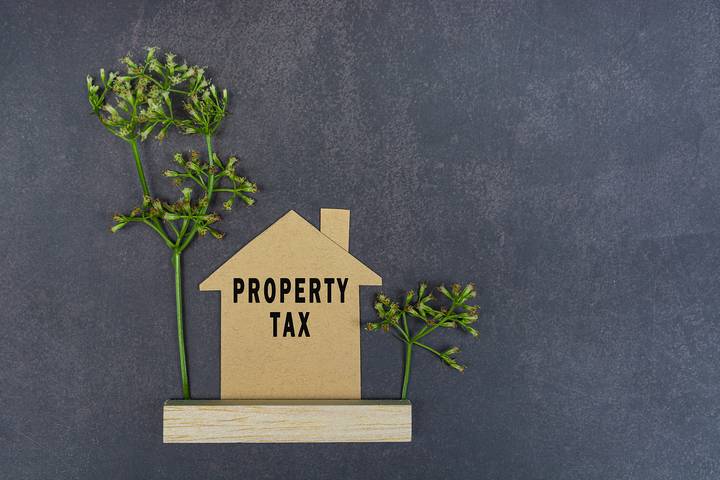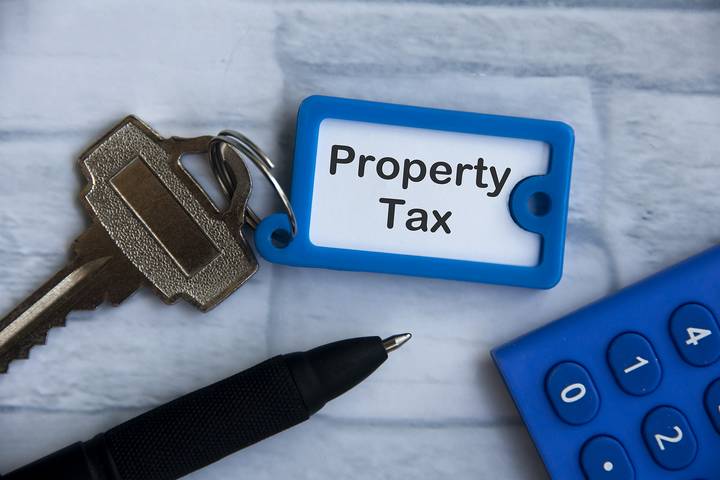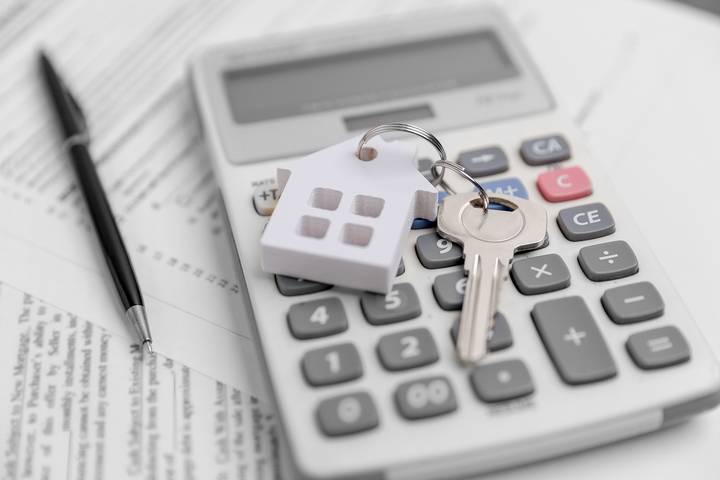
Tax sales are an opportunity for any real estate investor to buy properties at below-market value. Tax sales are common all over Canada and allow buyers to access affordable real estate in high-demand regions. Investors have a strong potential to derive major profits on properties acquired through tax sales.
However, also risks and complications could arise. As with any real estate investing, you want to ensure you have all the information you need to make an informed choice and reduce the risks involved. Here is a beginner’s guide to tax sale properties.
What is a Tax Sale Property?

A tax sale property is the result of a process between a homeowner and county treasurer. It starts with a homeowner being unable to pay their property tax over an extended period, incurring additional interest and fees. Eventually, the unpaid taxes, interest, and fees reach a benchmark where the county treasurer intervenes and places a tax lien on the property.
With a tax lien on the property, a homeowner cannot sell or transfer ownership of the property until they pay off all outstanding debt related to it. If the debt has gone unpaid for three or more years, the government can intervene and rightfully sell the property in a tax sale.
How to Buy a Tax Sale Property

When you buy Ontario tax sales, you are required to pay an amount for the property itself, in addition to paying the accumulated property taxes and any land transfer taxes, HST, and other common real estate purchase costs. The municipality recoups the taxes, interest, and penalties owing, and in turn, a purchaser receives a property frequently listed much lower than market value.
Tax sale properties are typically sold one of two ways. There are public auctions attended in person. These properties are sold by cash, money order, bank draft, or cheque. However, the vast majority of tax sales are done by public tender.
How Public Tender Tax Sale Properties Work

A public tender is an event with listings typically online with photos and other relevant information about a property. From there, prospective purchasers forward what’s called a tender. A tender is a written document informing a municipality of the amount you offer to purchase a tax-sale property.
A tax sale property is likely to receive multiple tenders. The person with the highest bid wins the property. When you make a tender, a deposit of at least 20% of the total tender amount is attached, either by money order, bank draft, certified bank, or trust corporation check.
There are also several documents to fill out to submit a tender, and it must, of course, be submitted on time if it’s not to be rejected.
Benefits of a Tax Sale

A tax sale is very appealing to a lot of people. It gets you a property at a fraction of the market value cost, often in very popular areas. You can flip and re-sell the home and make hundreds of thousands of dollars of profit under the right conditions.
All non-Crown interests, i.e. the previous mortgage from the prior homeowner, end at the sale, so there’s no requirement to pick up someone else’s mortgage, pay the property’s full value, or deal with the previous owner.
Risks of a Tax Sale

As evidence, it’s possible to land a big win as a real estate investor buying a tax sale property or be stuck with a property requiring more expense and attention than you initially predicted. An experienced tax sale property buyer comes in with the knowledge of that risk and the finances to ensure they can close the transaction as efficiently as possible. Do your due diligence beforehand, i.e. a title search and a visual inspection viewing the property from the road or sidewalk.
Here’s why it pays to research and be smart about what you buy in a tax sale.
Inspection
You cannot physically inspect a tax sale property before the sale or hire a third party. A tax sale property may be occupied by the previous owners, persons permitted to live there by the owners, or squatters. A purchaser may have to undertake legal proceedings to fully possess a property.
A tax sale does not erase liens on the property by Crown agencies. This information is not required to be made available at the time of sale, so a buyer must investigate the potential for liens, easements, restrictive covenants, and adverse possession.
Statutory Homeowner Redemption Period
There is a ‘statutory homeowner redemption period’ during which the prior homeowner has up to 1 full year to pay off the taxes, fees, interest, and other qualifying expenses owing. At that time, a buyer must legally accept the money and relinquish property ownership.
Legal Requirements
There may be legal requirements, i.e. purchasing a contaminated property and being legally responsible for the costs of clean-up and the penalties associated with a failure to do so.
